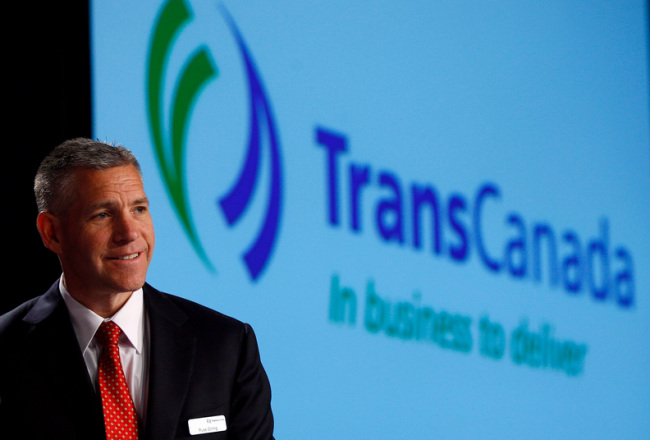Articles Menu

November 1
The Trudeau government has approved the expansion of a TransCanada fracked gas pipeline.
Reuters reports, "The Canadian government on Monday approved the $1.3 billion expansion of a natural gas gathering pipeline in western Canada belonging to a wholly owned subsidiary of TransCanada Corp, with 36 conditions attached. ...The current NOVA Gas Transmission Ltd (NGTL) System is a 23,500-km pipeline that gathers natural gas from the fast-growing Montney and Duvernay shale plays in northern Alberta and north-eastern British Columbia."
A Natural Resources Canada media release notes, "Approximately 91 percent of the project will parallel existing pipelines and roads."
Natural Gas Intelligence comments, "Canada's year-old Liberal government confirmed Monday that environmental and native opposition has failed to stop natural gas pipeline construction in the western heartland of the industry. ...The project enables gas producers both to maintain and expand output for oil sands plants by replacing aging conventional wells with new shale output, chiefly the accessible Montney but also the more remote Horn River, Cordova, Liard and Duvernay deposits."
Natural Resources minister Jim Carr says, "The twin imperatives of economic prosperity and environmental protection guided us in our decision-making and I am confident the right decision was made in the interest of Canadians and that this project supports the principles of sustainable development."
The National Energy Board recommended in June that the pipeline expansion be approved with conditions.
CBC notes, "Five of the conditions concern protection and restoration of caribou habitat as the project would run through three boreal woodland caribou ranges. ...The NEB recommendation included 12 additional conditions related to temporary infrastructure, such as access roads and construction camps."
In May 2016, the Dawson Creek Mirror reported on the 88-kilometre Towerbirch pipeline extension that would connect with the NOVA Gas Transmission Ltd. pipeline system. That news article notes, "The pipeline expansion falls within Treaty territories in the Groundbirch area that are used by West Moberly members for hunting, fishing and for other traditional purposes. In their application, West Moberly notes 'significant concerns' related to impacts on water, fish, wildlife, cultural and spiritual sites, traffic, and increased non-Aboriginal access to the lands that could inhibit the 'ability to use and occupy the land according to our customs and tradition.'"
Among the NEB conditions for the NGTL pipeline, as reported by Reuters, is "offering jobs to individuals in the indigenous communities."
Fracking contributes to climate change.
The life-cycle greenhouse gas emissions – that is the combined emissions associated with extraction, combustion, and methane and carbon dioxide releases – means that fracked gas can be as dirty as coal. Fracking releases large amounts of natural gas – which consists of both carbon dioxide and methane – directly into the atmosphere. In fact, fracking wells leak 40 to 60 per cent more methane than conventional natural gas wells. Methane is a very powerful greenhouse gas. It can trap 20 to 25 times more heat in the atmosphere than carbon dioxide.
The Liberal government has already approved the Woodfibre LNG and Pacific NorthWest LNG terminals.
With respect to Woodfibre, Council of Canadians water campaigner Emma Lui has raised numerous concerns including its public safety risks, the water and health impacts of fracking, climate change risks, and the project's lack of free, prior and informed consent from Indigenous peoples. In addition, Pacific NorthWest would result in 5.3-million tonnes of carbon dioxide emissions a year, and another 6.5-million to 8.7-million tonnes of carbon dioxide emissions would come from the extraction and transportation of the fracked gas that would feed the terminal.
The Council of Canadians supports the Leap Manifesto call for a 100 per cent clean energy economy by 2050.
[Top photo:TransCanada CEO Russ Girling.]